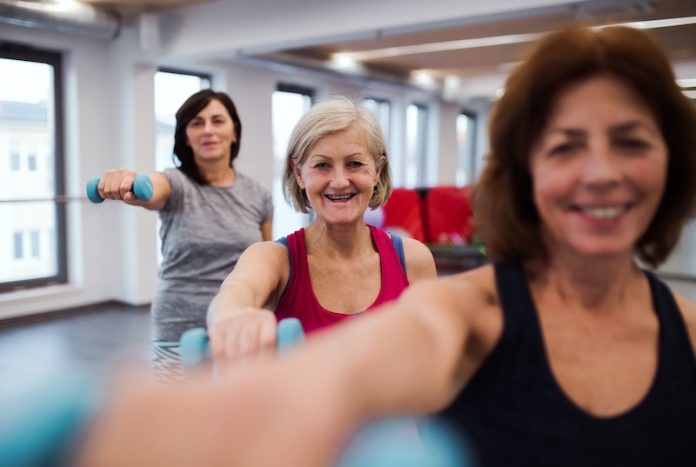
Poor sleep can sometimes mess with the memory of older people.
But guess what? If you’re an older person who likes to stay active, you might not have to worry as much about those sleepless nights.
This is according to a fresh-off-the-press study from Murdoch University’s Center for Healthy Aging.
The researchers suggest that an active lifestyle could lessen some bad effects of not-so-great sleep on memory and thinking.
Digging Deeper into the Study
A team of bright minds led by Kelsey Sewell, a Ph.D. candidate at Murdoch University, took up this study.
They didn’t just look at sleep and memory but also included physical activity in the mix. This group of experts, including Associate Professors Stephanie Rainey-Smith and Belinda Brown, had a target in sight: a harmful brain protein.
They call it beta-amyloid, a bad guy that shows up early in people with Alzheimer’s disease, a sickness that affects memory and thinking.
The Mystery of Sleep, Exercise, and Brain Health
Kelsey Sewell and her team wanted to see how sleep and physical activity worked together.
They wanted to know if these two lifestyle factors had a part to play in our brain health as we get older.
“We’ve always known that sleep and physical activity were two peas in a pod,” said Sewell. “But we wanted to see how they work together, especially when it comes to memory and thinking.”
The results? They found that less physically active people with poor sleep had worse memory and thinking skills.
But the active folks didn’t seem to be as affected by poor sleep. “Good news for those who like to keep moving,” Sewell added.
What’s Next?
One exciting bit that popped up in the study was about the link between sleep, physical activity, and that nasty beta-amyloid protein in the brain.
The researchers saw some signs that sleep and physical activity might influence the levels of this protein. But before jumping to any conclusions, they said they would need to look into this more.
A Silver Lining for Sleepless Seniors
The results of this study bring hope to older adults who struggle with getting a good night’s sleep.
According to Sewell, staying physically active could help balance out some of the downsides of poor sleep.
“So if you can’t sleep well, stay active! It might just save your memory and thinking skills,” she said. But this is new research, and the team agrees that more studies are needed to confirm these findings.
This research paper can be found in the Behavioural Brain Research journal. So next time you struggle to sleep, remember this study. Get up and get active. It might just be your key to better memory and thinking!
If you care about brain health, please read studies about how the Mediterranean diet could protect your brain health, and Omega-3 fats and carotenoid supplements could improve memory.
For more information about brain health, please see recent studies about antioxidants that could help reduce dementia risk, and higher magnesium intake could help benefit brain health.
The study was published in Behavioural Brain Research.
Copyright © 2023 Knowridge Science Report. All rights reserved.



